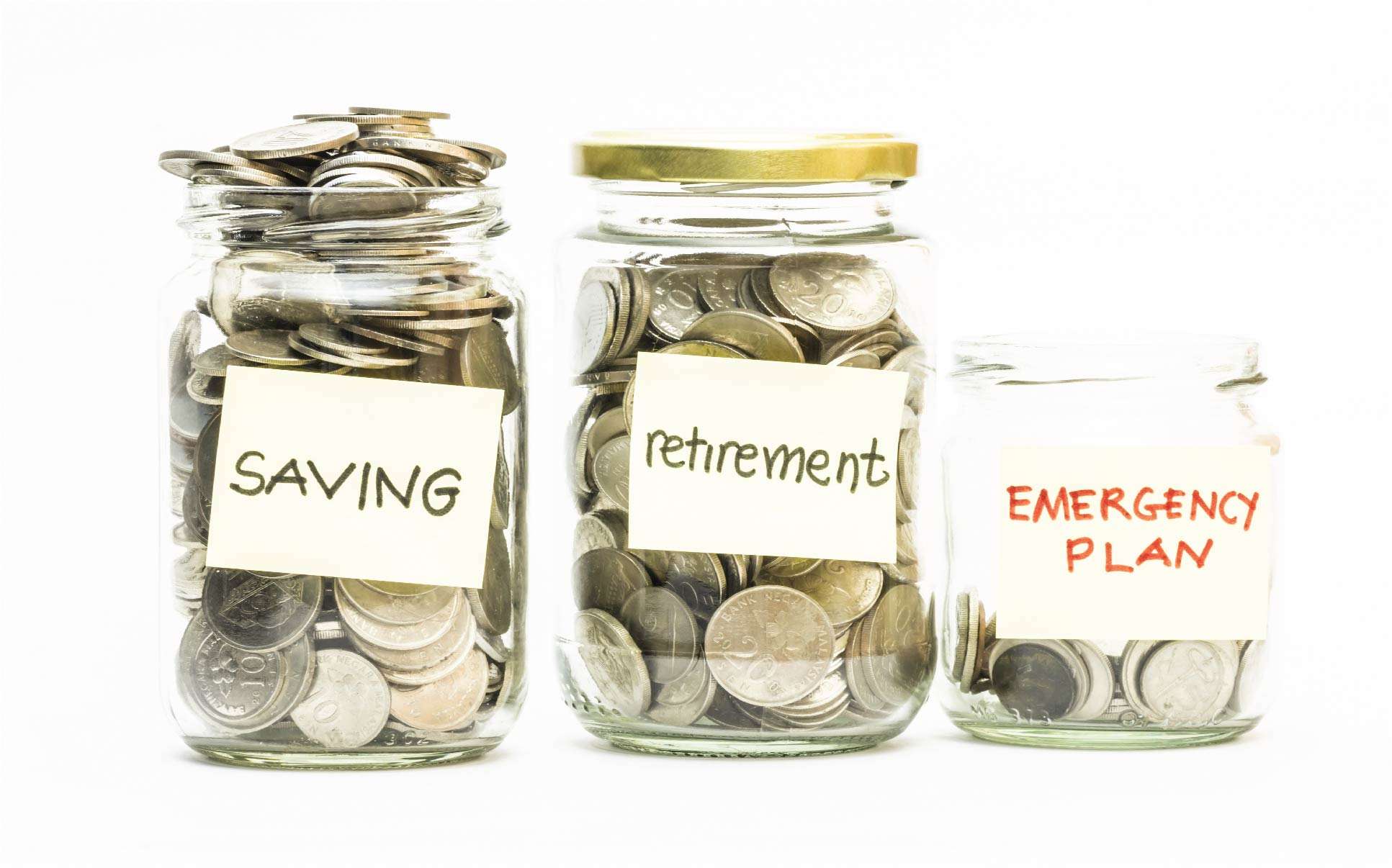September 2, 2024
John Brennan, Vice President and Senior Trust Officer and Franco Maniaci, Trust Investment Officer at Cape Ann Savings Bank sit down with John Maher to talk about planning. They look at the differences between financial, retirement, and estate planning and explain how each type of planning is important for people's financial wellness.
Read Full Post








